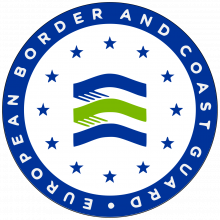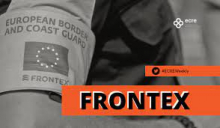Irregular Migrants

Humanitarian Governance
/
October 14, 2022

Ανθρωπιστική Διακυβέρνηση
/
October 14, 2022
Humanitarian Governance
/
October 14, 2022
Refugees & Migrants
/
October 13, 2022

Humanitarian Governance
/
October 11, 2022
Equal Rights Beyond Borders together with HIAS Greece and Refugee Support Aegean and commissioned by the Danish Refugee Council published an analysis on Border Procedures on the Greek Islands.
Τhe report examines the workings of border procedures implemented on the Greek islands over the past year (June 2021 – June 2022), revealing new concerns tied to poor quality of asylum procedures and to breaches of fundamental rights.
Τhe report examines the workings of border procedures implemented on the Greek islands over the past year (June 2021 – June 2022), revealing new concerns tied to poor quality of asylum procedures and to breaches of fundamental rights.
Refugees & Migrants
/
October 06, 2022
